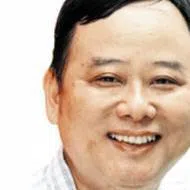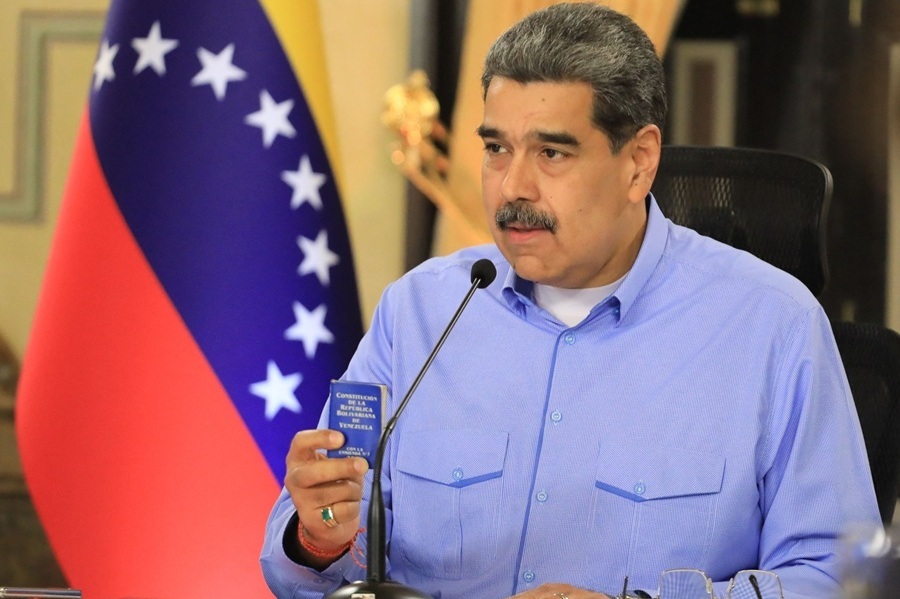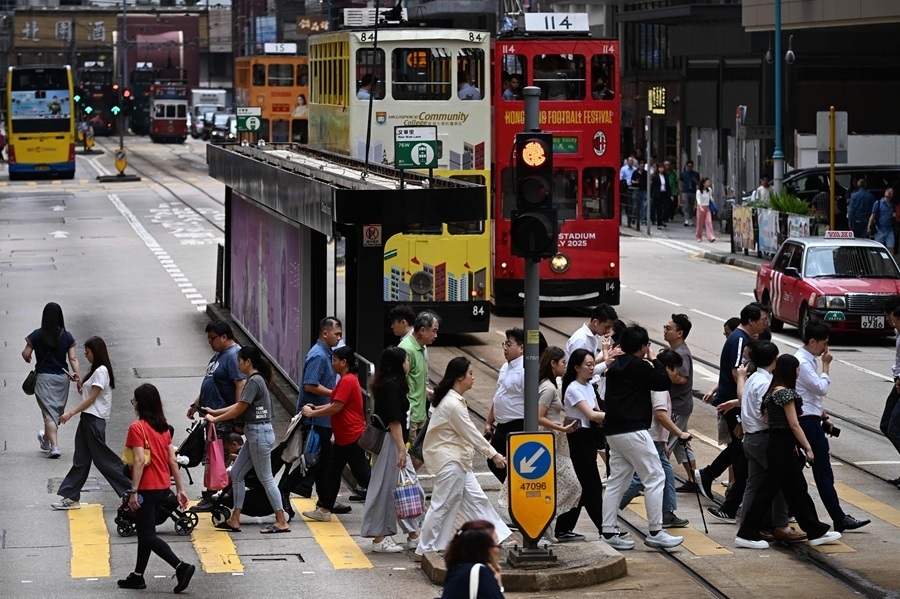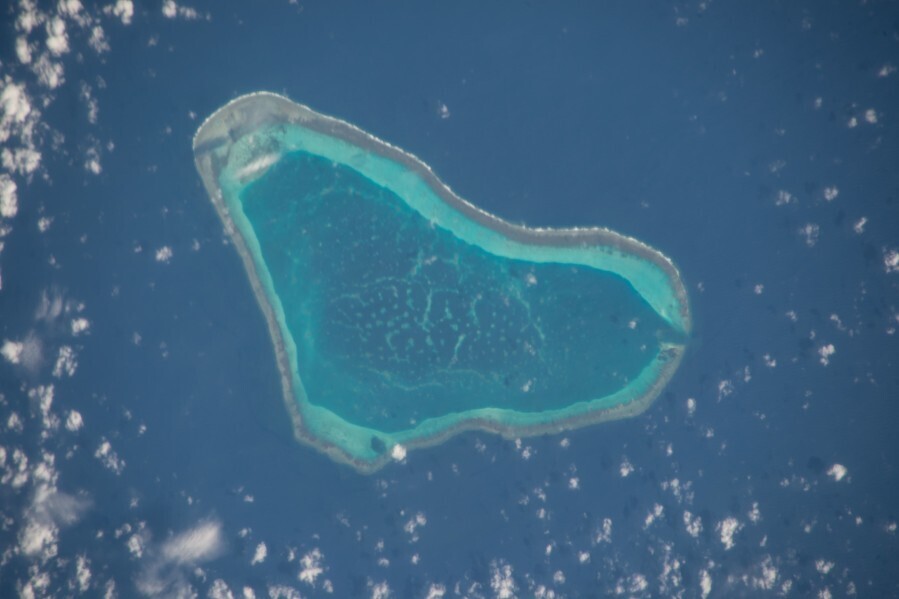Vietnam’s quiet rise: The new diplomatic bridge to North Korea
Maintaining close ties with China and Russia has always been the cornerstone of North Korea’s diplomacy. However, relying solely on these two powers is not enough to lift the country out of international isolation. Lianhe Zaobao correspondent Yu Zeyuan takes a look at the role ASEAN member states Vietnam and Laos can play.
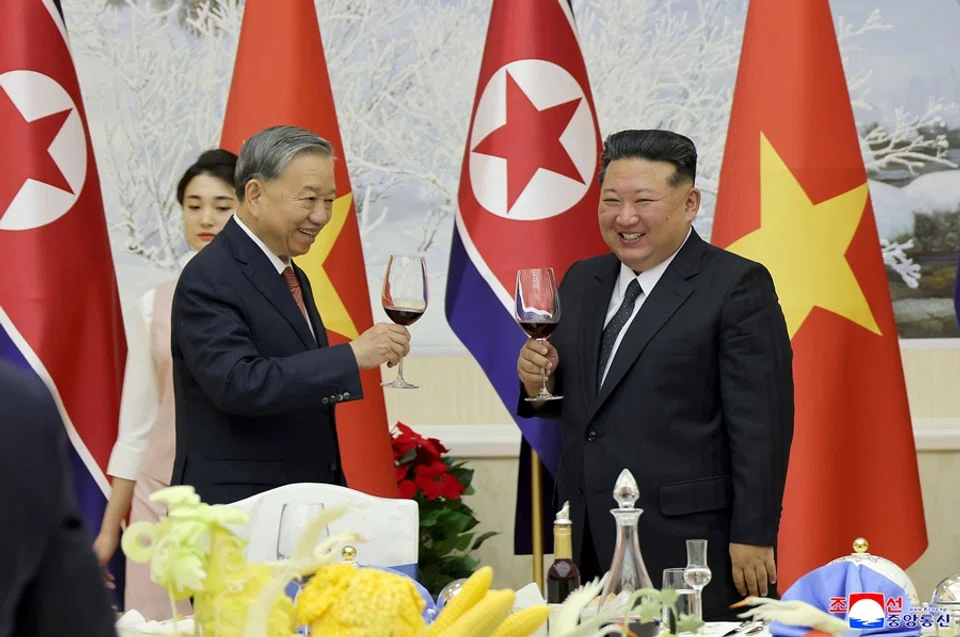
On 10 October, North Korea is set to hold a rare multilateral diplomatic event in conjunction with the 80th anniversary of the founding of the Workers’ Party of Korea. High-level officials from China, Russia, Vietnam and Laos will gather in Pyongyang to show support for the country.
Vietnam’s and Laos’ top leaders in attendance
Chinese Communist Party Politburo Standing Committee member and Premier of the State Council Li Qiang arrived in Pyongyang on 9 October, leading a Chinese party and government delegation to attend the 80th anniversary celebrations and conduct an official goodwill visit. Although this marks the first visit by a Chinese premier to North Korea in 16 years, Li might not be the most significant foreign guest at this multilateral diplomatic event.
North Korea also invited To Lam and Thongloun Sisoulith, top leaders from Vietnam and Laos respectively, as well as former Russian President Dmitry Medvedev.
This indicates Vietnam’s intention to play a constructive role in international affairs. Vietnam is also well-positioned to act as a bridge between ASEAN and North Korea.
China and Russia are thought to be the biggest supporters of North Korea in countering the US and South Korea, and maintaining domestic stability. However, the top leaders of China and Russia did not travel to Pyongyang to attend this rare multilateral diplomatic event. Instead, Communist Party of Vietnam General Secretary To Lam will attend the 80th anniversary celebrations and conduct a state visit to North Korea.
This indicates Vietnam’s intention to play a constructive role in international affairs. Vietnam is also well-positioned to act as a bridge between ASEAN and North Korea. It reflects North Korea’s effort, alongside maintaining close ties with China and Russia, to expand its diplomatic space and build more connections with ASEAN countries like Vietnam and Laos, thereby breaking its international isolation.
North Korea’s commitment towards China and Russia
Previously, North Korean leader Kim Jong-un attended the grand military parade in China on 3 September, marking his first appearance in a multilateral diplomatic setting. On the Tiananmen Rostrum in Beijing, Chinese President Xi Jinping, Russian President Vladimir Putin and Kim Jong-un stood side by side in the centre, highlighting Kim’s importance to China.
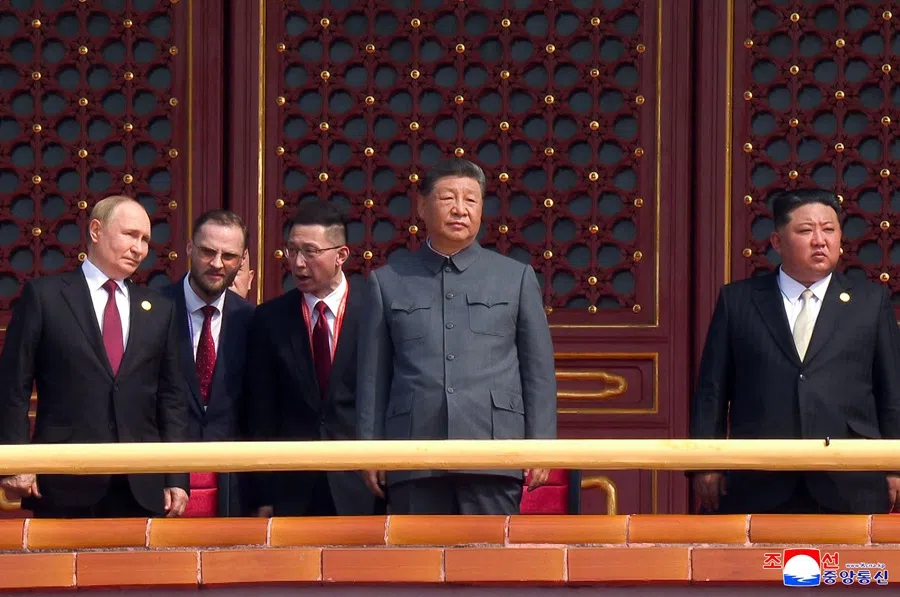
On 4 September, Xi held talks with Kim, emphasising that the Chinese party and government highly value the traditional friendship between the two countries, and are ready to maintain, consolidate and develop China-North Korea relations, regardless of international circumstances. Kim responded by stating that the friendly relations between North Korea and China will not change and that North Korea remains firmly committed to continuously deepening and developing North Korea-China relations.
During his stay in Beijing, Kim also held talks with Putin, who praised North Korea for sending troops to Russia to assist in combat, and invited Kim to visit Russia again. Kim expressed his willingness to “do everything possible” for Russia.
Kim sent a birthday message to Putin on 7 October, expressing North Korea’s full support for Russia’s “just struggle” to defend its national sovereignty, territorial integrity and security interests. He described this support as a “brotherly duty”, adding that the country will “remain faithful to the implementation of our bilateral treaties”.
Kim’s attendance at China’s 3 September military parade further strengthened ties with China and Russia, laying the groundwork for a rare multilateral diplomatic event hosted by North Korea on 10 October. While high-level visits from China and Russia were expected, the participation of Vietnam’s and Laos’ top leaders added a notable highlight to the occasion.
Now, by actively expanding its relations with ASEAN countries such as Vietnam and Laos, North Korea may be able to make greater strides towards breaking that isolation.
Improving ties with the US
As Gordon Kang, a senior analyst at the S. Rajaratnam School of International Studies at Nanyang Technological University, told Lianhe Zaobao, both Vietnam and Laos are ASEAN member states, with Vietnam being the larger economy and playing a more active role in regional affairs.
“The significance of Vietnam-North Korea engagement lies in its contribution to maintaining ties between the region and North Korea. Vietnam is also a very active ASEAN member, and the region is likely to view their interactions positively,” he said.
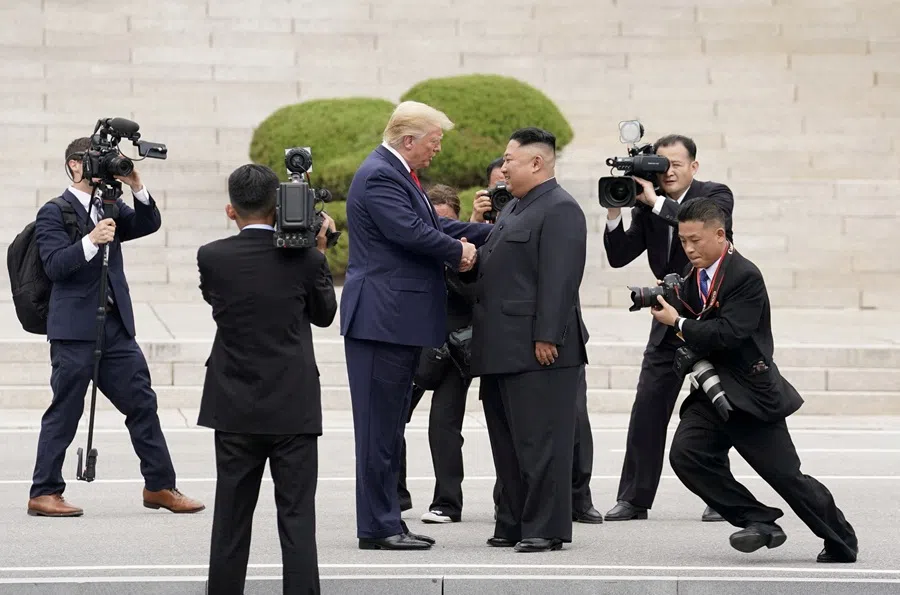
Maintaining close ties with China and Russia has always been the cornerstone of North Korea’s diplomacy. However, the past years have shown that relying solely on these two powers is not enough to lift the country out of international isolation. Now, by actively expanding its relations with ASEAN countries such as Vietnam and Laos, North Korea may be able to make greater strides towards breaking that isolation.
Compared with China and Russia, Vietnam has closer ties with North Korea’s biggest rival — the US. When Kim visited Vietnam in February 2019, he held a second summit with then US President Donald Trump there. However, after Joe Biden took office in 2021, US-North Korea relations deteriorated once again, and Pyongyang remained internationally isolated. Although Trump signalled willingness to meet Kim again, deep divisions over the nuclear issue have so far prevented any agreement.
With the inauguration of South Korea’s Lee Jae-myung government, raising hopes for improved South Korea-North Korea ties, Vietnam may be well-positioned to play a new role in facilitating a future US-North Korea summit.
With China’s and Russia’s relations with the US locked in a stalemate, it is unrealistic for North Korea to expect either country to mediate US-North Korea relations. Meanwhile, Vietnam maintains normal relations with the US, South Korea and North Korea. With the inauguration of South Korea’s Lee Jae-myung government, raising hopes for improved South Korea-North Korea ties, Vietnam may be well-positioned to play a new role in facilitating a future US-North Korea summit.
For China, while playing the “North Korea card” can serve as a counterbalance to the US, maintaining peace and stability on the Korean Peninsula is more important. By supporting North Korea’s multilateral diplomacy, China also aims to strengthen Pyongyang’s hand in future negotiations with the US, ultimately contributing to a favourable environment in Northeast Asia for China’s economic development.
This article was first published in Lianhe Zaobao as “中俄越老为朝鲜多边外交站台”.
